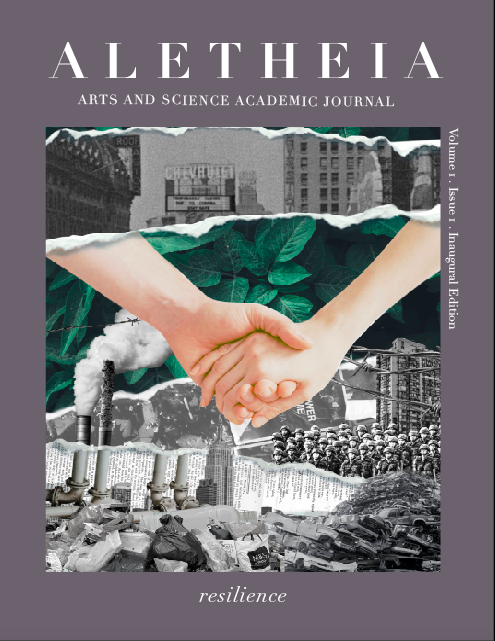HOW TO NOT BE A GOOD SPORT: SOLUTIONS TO CHAL- LENGES OF TRANSITIONING OUT OF AN ATHLETIC CAREER
DOI:
https://doi.org/10.15173/a.v1i1.2812Abstract
Sports culture often leads athletes to believe that having an athletic career is akin to “living the dream”. This belief results in a particularly stressful and demoralizing transition from sports to retirement. This research paper sought to further analyze retirement from sports and how one’s athletic identity can be disadvantageous when tied to a short-lived career. The literature was reviewed across the domains of psychology, sports science, and sociology. This review was supplemented with The Art of Life by Zygmunt Bauman and transcribed interviews and surveys of athletes. Athletic identity is more intense and encompassing of one’s self-concept than identities associated with other occupations, which in turn leads to a more emotionally difficult retirement, particularly when forced. Furthermore, athletes with stronger and more exclusive athletic identities may face more psychological difficulties in retirement, and common coping strategies among retiring athletes appear to be maladaptive. The prestige that comes with athleticism can also be disadvantageous, as an athlete may base their self-esteem on momentary fan support. Athletes often foreclose their identity, fixating idealistically on their sport and precluding themselves from pragmatically exploring or developing alternate identities. Athletes must be encouraged to think pragmatically about their future and plan for their post-retirement life while they are playing. Athletes must also have involved support systems that are themselves supported and that the athlete can confide in while constructing a new self-narrative. Therefore, while retirement from sports is undoubtedly difficult, effective strategies in aiding an athlete’s transition do exist and must be utilized.
Published
Issue
Section
License
Copyright (c) 2021 Aletheia

This work is licensed under a Creative Commons Attribution-NonCommercial-NoDerivatives 4.0 International License.
All Rights Reserved





